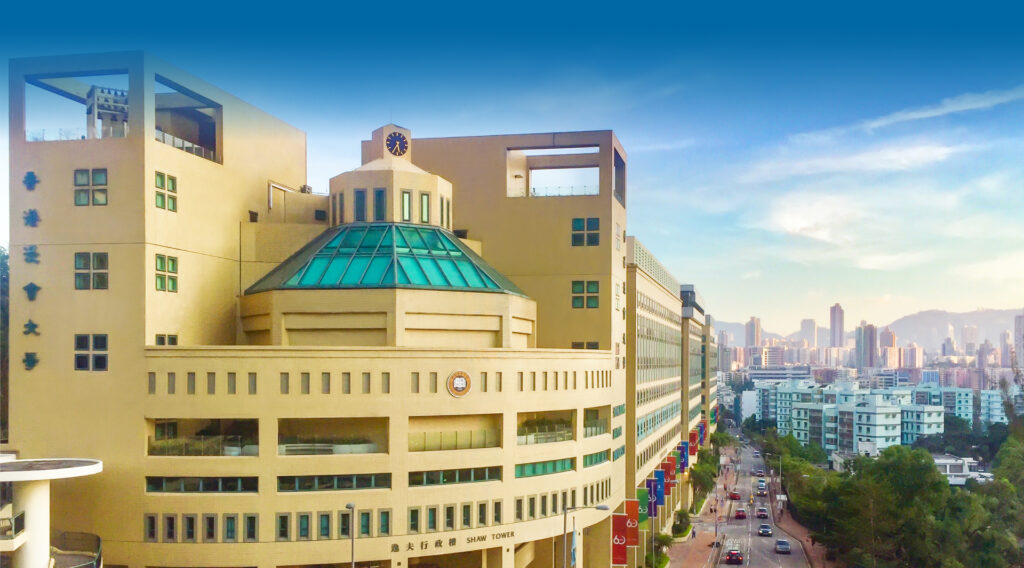Dr. Kaxton Y. K. SIU
Associate Professor, Department of Sociology, Academy of Geography, Sociology and International Studies
Acting Director, David C. Lam Institute for East-West Studies (LEWI)
Hong Kong Baptist University
David C. Lam Institute for East-West Studies (LEWI)
Hong Kong Baptist University
While China has solidified its position as one of the largest economies globally, Vietnam emerged as the fastest-growing economy in Asia in 2022, boasting an impressive 8 percent increase in GDP. Notably, Vietnam has outpaced Malaysia to become China’s primary trading partner in Southeast Asia and ranks as China’s eighth-largest trading partner worldwide. This economic ascent has been attributed to Vietnam’s strategic positioning amid the US-China geopolitical rivalry. Moreover, Vietnam’s active engagement in various ecological issues within the Mekong River Delta region has assumed critical importance in shaping future environmental and sustainable development policies in the area. Understanding the dynamics between Greater China and Vietnam, and their implications on regional development, has now become imperative in light of these developments.
Not only Vietnam, other countries in the Mekong River Delta have also demonstrated new trends such as the escalating influx of FDI, the transition towards high-tech industries, and the exodus of workers and students have profound implications for labor dynamics, civil rights, telecommunication networks, environmental issues, migration patterns, family structures, gender roles, and education policies. These pressing topics demand heightened scholarly attention on regional and global scales, with the potential to enrich our comprehension of the evolving social landscapes in rapidly developing societies integrating into global capitalism, amidst the backdrop of the Belt and Road Initiative (BRI).
To address the changing socio-economic and ecological relationship between Greater China and the Mekong River Delta, this 2-day symposium provides a platform for academics from different disciplines and different countries to present their work and build networks. We welcome a broad range of topics and methodological approaches concerning Greater China and the Mekong River Delta. A maximum of 20 academics will be invited to present their works in five panels and one roundtable. Each presentation will last 15 minutes and will be followed by a Q&A. Panel presentations are open to pre-registered attendees who are researchers, students, and members of community organizations. A half-day roundtable will be organized limited to all presenters and a small group of guests to discuss possible research collaboration. As spin-offs from the symposium, we can expect an edited book about Greater China and the Mekong River Delta, a number of journal articles, and potentially a special issue on a journal.

Key themes include:
Geopolitics, Energy Concerns, and Climate Change
Global Governance, Migration, Social Movements, and Historical Realities
Journalistic Challenges, Media Frames, and Environmental News
Regional Governance, Macroeconomics and the Need for New Policy Frameworks and Approaches
Race, Nationality, and Ethnicity
Smart Societies, Technological Developments, and the Role of AI
The Financial Significance, Labor Dynamics, and the Global Economy